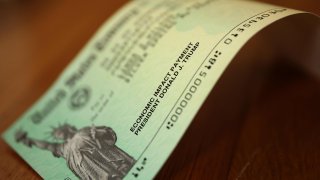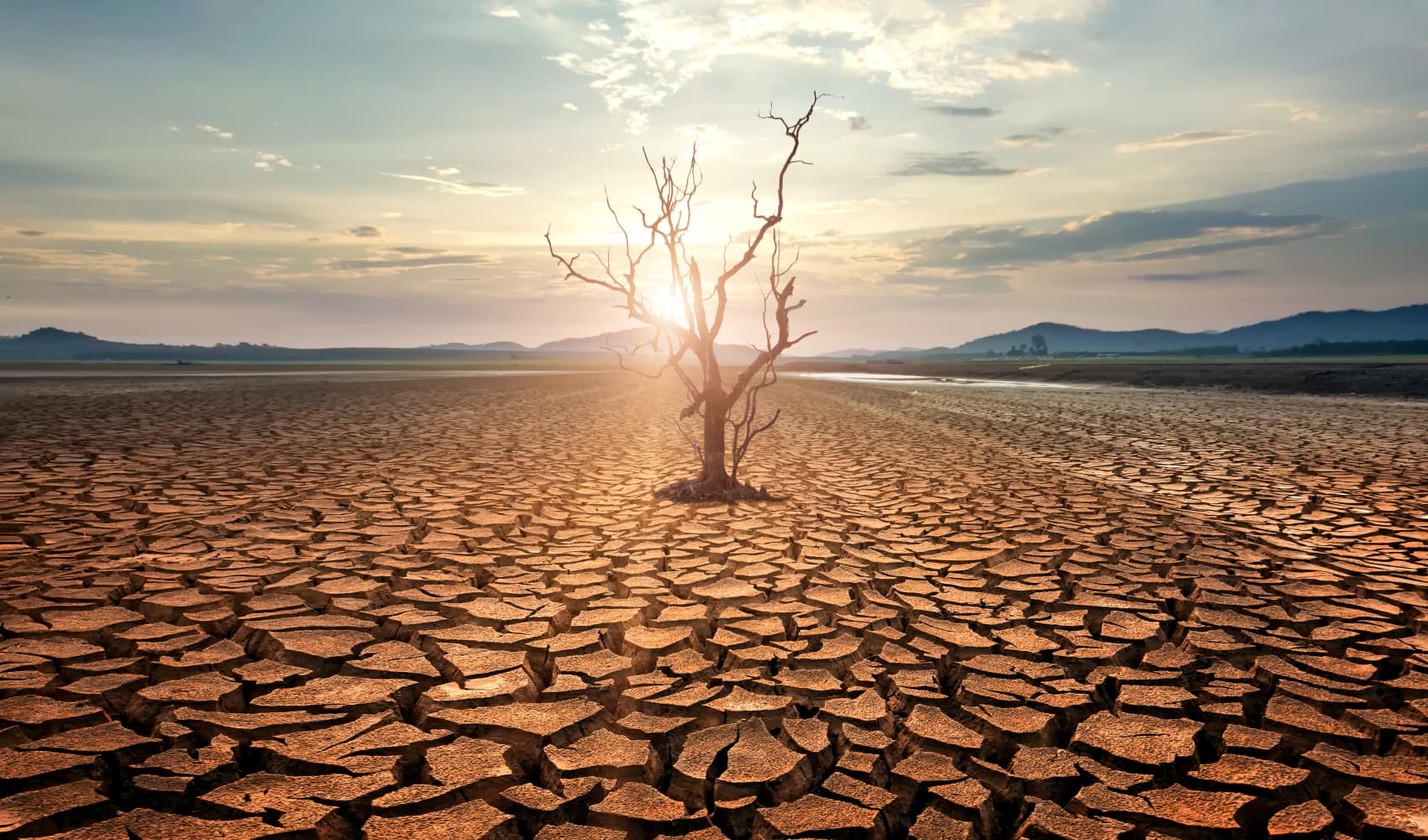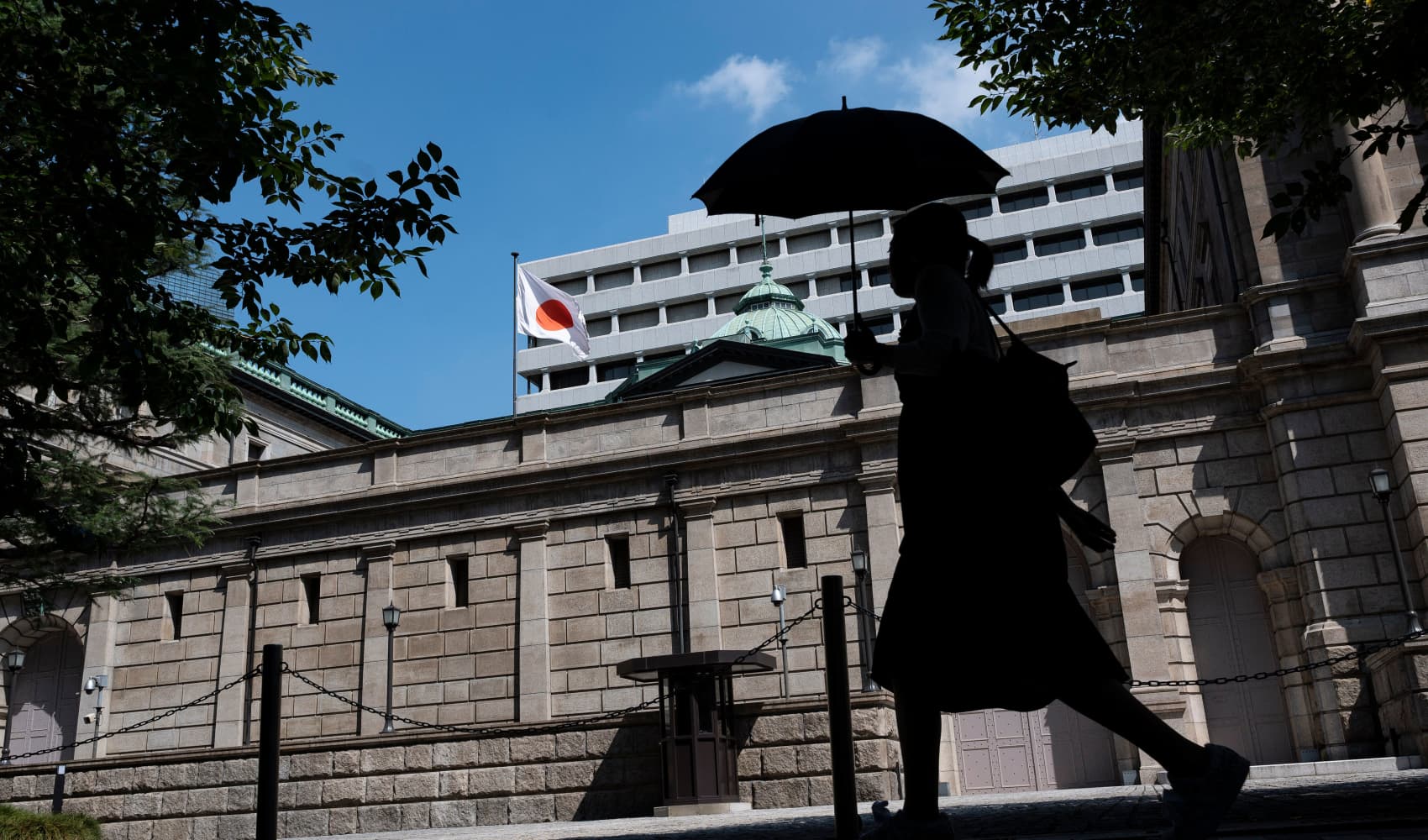
- Lawmakers agreed on sending Americans $600 stimulus checks.
- But now there's an effort afoot to up those payments to $2,000.
After months of back-and-forth negotiations, lawmakers on both sides of the aisle agreed on another coronavirus stimulus package that includes direct payments to many Americans for $600.
Then President Donald Trump shocked Washington when he called the package a "disgrace" and suggested he wouldn't approve of the bill unless the checks were upped to $2,000.
Although Trump did end up signing the package into law on Sunday even with the lower payments, there's still an effort afoot to get $2,000 into the hands of Americans facing financial difficulties amid the pandemic.
More from Personal Finance:
Here's what new Covid relief bill offers unemployed workers
Jobless workers pain, despair reaching new heights
These colleges are slashing tuition for 2021
On Monday, the House voted to increase payments to that amount. And Senate Minority Leader Chuck Schumer, D-N.Y., said he'd try to pass the bill in the Senate on Tuesday.
Meanwhile, Sen. Bernie Sanders, I-Vt., has his own strategy to get the larger checks to happen, saying he'd postpone the Senate's plans to override Trump's veto of the National Defense Authorization Act this week unless the chamber votes on the amount of the payments.
Money Report
"Let me be clear: If Senator McConnell doesn't agree to an up or down vote to provide the working people of our country a $2,000 direct payment, Congress will not be going home for New Year's Eve. Let's do our job," he said in a statement.
Here's what could happen with the checks.
If they were raised to $2,000 ...
A senior official at the Treasury Department told CNBC that if additional legislation is passed to up the stimulus payments to $2,000 from $600, "Economic Impact Payments that have been issued will be topped up."
It's unclear, however, when those additional payments would reach people.
When will I get the $600?
If the IRS has your direct deposit information, you'll be among the first to receive the payment. The check could be in your account within two weeks or less.
The senior Treasury official told CNBC the department anticipates that people could start receiving their payments as early as this week.
Those who haven't shared that information with the IRS can expect to get a paper check or prepaid debit card — and, unfortunately, to wait longer for their money.
The Treasury says it can deliver 5 million to 7 million paper checks a week.
When the first checks were deployed in March, one congressional timeline estimated it would take up to 20 weeks to get all the money out. However, millions of eligible people are still waiting.
Do I qualify for the payments?
Individuals with up to $75,000 in adjusted gross income will receive that full stimulus payment, as will heads of household earning up to $112,500 and married couples making up to $150,000.
Those with earnings above these levels will receive a partial payment that drops by $5 for every $100 in income.
If you earned much less in 2020 than in 2019, you may not receive a stimulus payment now but can still claim this money in the form of a tax credit when you file.
What if I still didn't receive my first stimulus check?
When you file your 2020 taxes, you can claim what is known as a "recovery rebate credit."
This credit will either leave you with a larger tax refund or decrease what you owe.
-- With additional reporting by CNBC's Lorie Konish.
Have you lost your health insurance during the pandemic and had to skip medical appointments or go without medications or treatments? If you're willing to share your experience for a story, please email me at annie.nova@nbcuni.com.






